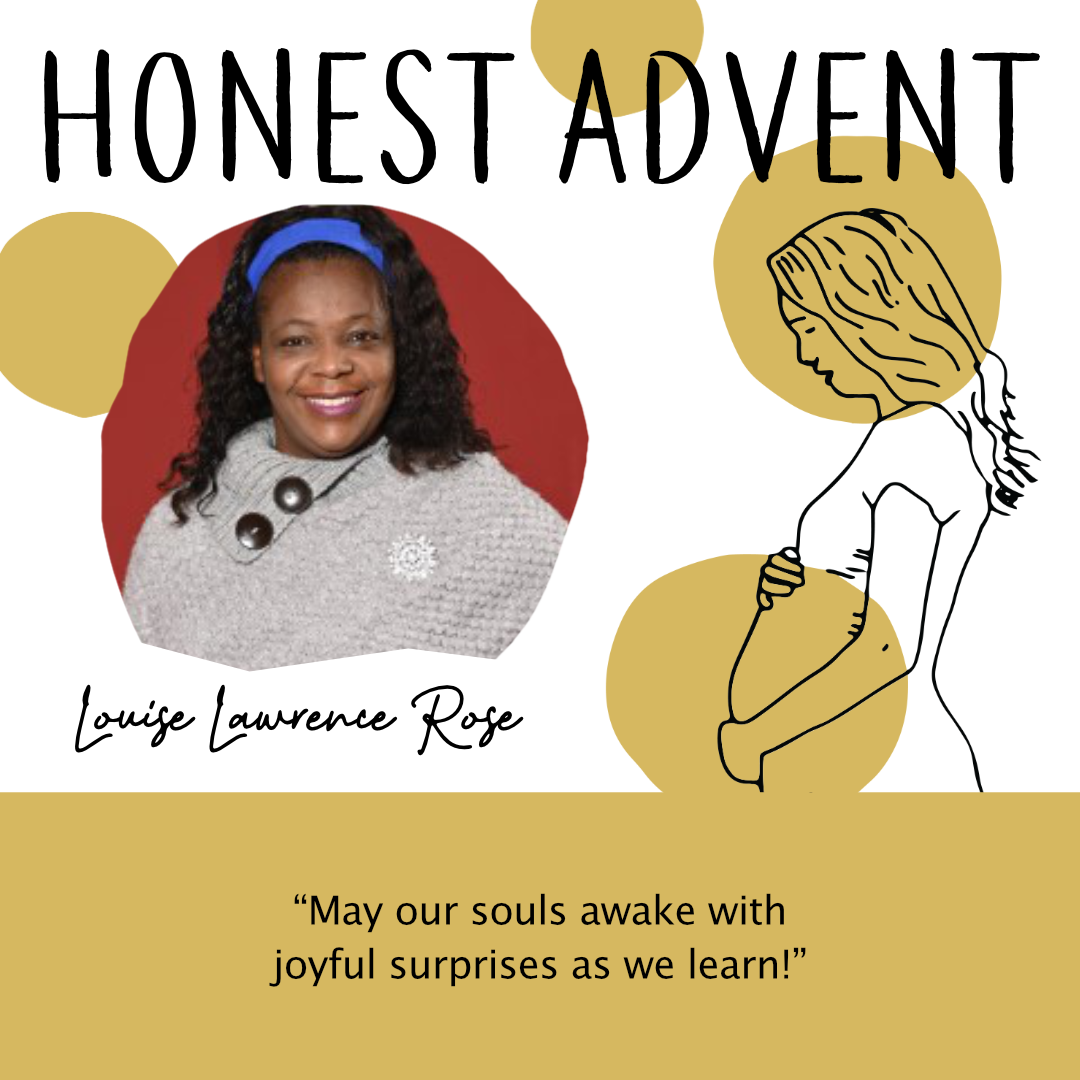I attended teachers’ college at Mico (pronounced Myco). It was the acclaimed “bastion of teacher education in the English-speaking Caribbean.” I majored in Home Economics, Food Science, and Home Management. Most of my skills were in cake-making and decoration, pastry-making, and international cuisine. I remember cooking Chinese food one day in the Home Economics Lab, quite forgetting how long l had the oil in a pan on the fire. When I proceeded to stir fry the vegetables, the whole pot caught on fire, inside and out! At first l was frightened, but when our instructor exclaimed, “Louise, you can Flambé!” (This is a cooking procedure in which alcohol is added to a hot pan to create a burst of flames); I capitalized on the assumption, stuck my hand in the potholder and began to flip the vegetables, as fearlessly and skillfully as I could.
On another day, I assumed that the removal of the panes in the windows in one of my classrooms was a routine cleaning job. I reached through the open space and placed my books on my seat, which was near the window, and proceeded to the cafeteria. Turned out it was a robbery, and my personal belongings were found on the scene! I was questioned but found only to be acting on assumptions.
Assumptions are really something else! Pun intended. In this yuletide season, we have many assumptions. We assume, for example, that there was a star over the manger where Jesus was born. The Bible mentions angels appearing to shepherds in a field praising God (Luke 2:8, 13), but doesn’t mention a star. We assume that there were only three wise men, when all the Bible says is “Wise men came from the East.” It could be two; it could be 200. We assume that there were three wise men because the Bible mentions three gifts. Another assumption we make about Christmas is that the wise men, the angels, and the shepherds all convened in a praise party in the stable the night that Christ was born. We see this assumption pictured in many nativity scenes. The truth is, the Magi visited long after the Christ Child’s birth, based on the scriptural evidence in Matthew 2:11. The Wise Men came to a “house” not a” stable.” In the same record it also indicates that Jesus was by this time a “young child” and not a newborn. There is much debate around the 25th of December being icy cold and whether shepherds could be “abiding in the field” during the winter. Assumptions…
So it is with our spiritual life. We make many assumptions, such as, “other spiritual people have something we don’t.” The antidote for this assumption is in 1 Corinthians 12:4 which tells us that there are different kinds of gifts, but the same Spirit distributes them. We assume that God loves us more, or less, at times, because of our actions. The antidote for that is in Lamentations 2:22-23, “The steadfast love of the Lord never ceases; His mercies never come to an end; they are new every morning; great is Your faithfulness.” In our personal and interpersonal relationships, we also assume that we know everything about ourselves and each other. However, as time progresses, so does the evidence of our assumptions. We are still learning about ourselves; we do not know enough about each other. The Delphic Maxim “Know Thyself” is a constant reminder that it is important to reflect “on our actions,” “in our actions,” and “for our actions.” The Bible also tells us in 1 Corinthians 10:12, “Take heed lest when you think (assume) you stand, you fall.”
My prayer for us this Advent season is that we may be a little more honest with ourselves, others, and God. May we be led into learning relationships, especially the ones that pertain to who we are in relation to Christ. May our souls awake with joyful surprises as we learn (Psalm 57:8, 10)! Shalom.
Louise Lawrence Rose is a final year international student pursuing her Ph.D. in the School of Education at La Sierra University, majoring in Instructional Leadership. Jamaican nationals, Louise is married to Robert and the union has produced beautiful Jahdae and cool Jahvier.
